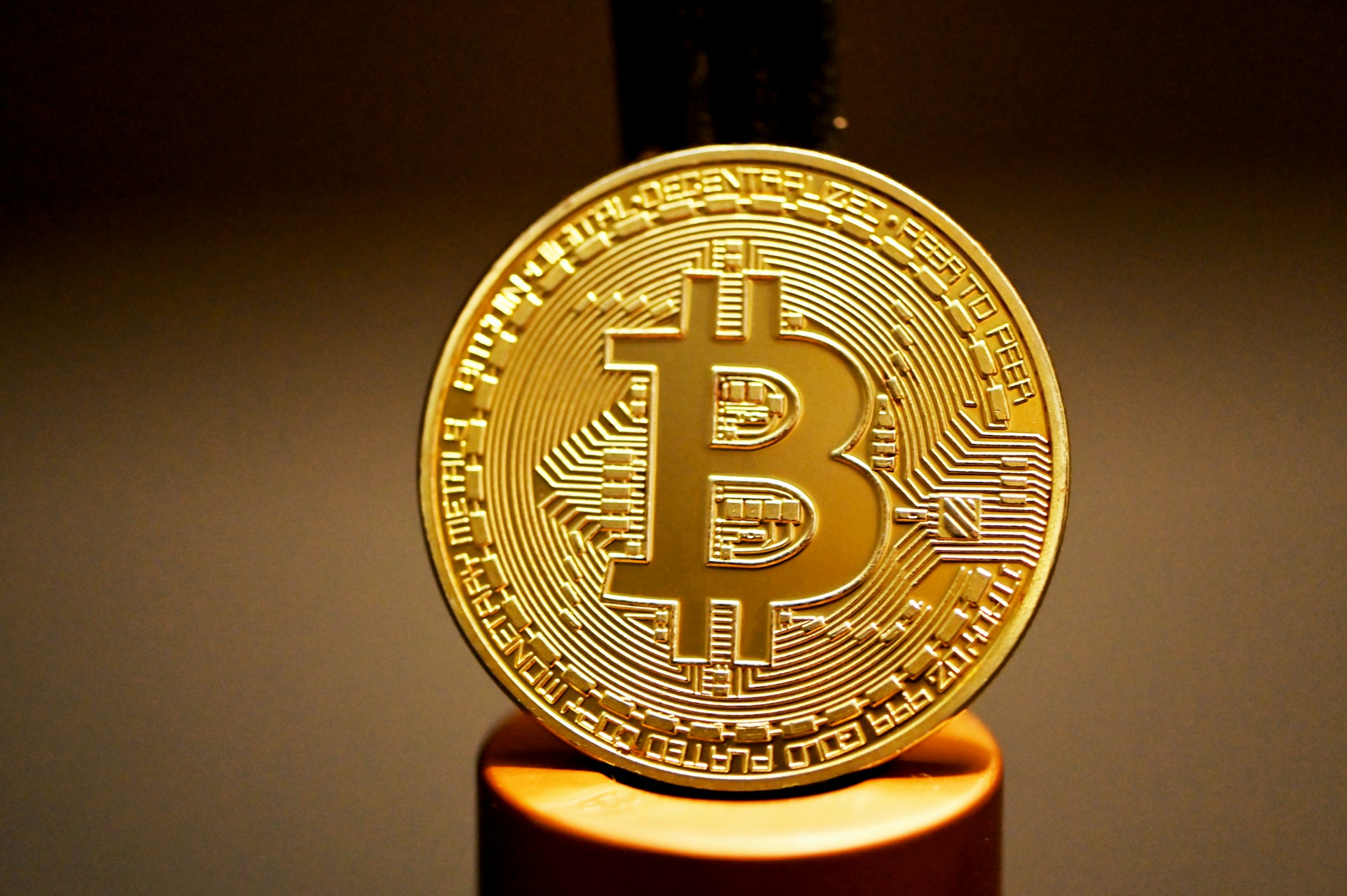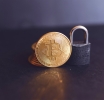The "Bitcoin Family" Adopts Extreme Security Measures Amid Rising Cryptocurrency Kidnappings

The "Bitcoin Family" Adopts Extreme Security Measures Amid Rising Cryptocurrency Kidnappings
In recent months, the cryptocurrency industry has been shaken by a series of high-profile kidnappings targeting executives and their families.
These incidents have forced many prominent crypto advocates to rethink their security strategies.
Among them is the so-called "Bitcoin Family," led by Didi Taihuttu, who sold all their possessions in 2017 to invest entirely in Bitcoin when it was trading at around $900.
These incidents have forced many prominent crypto advocates to rethink their security strategies.
Among them is the so-called "Bitcoin Family," led by Didi Taihuttu, who sold all their possessions in 2017 to invest entirely in Bitcoin when it was trading at around $900.

The "Bitcoin Family" Adopts Extreme Security Measures Amid Rising Cryptocurrency Kidnappings
Taihuttu speaking revealed that his family has completely overhauled its security system in response to growing threats.
Gone are the days of relying solely on hardware wallets stored in remote locations across continents.
Instead, the family now uses a hybrid system combining analog and digital safeguards to protect their crypto assets.
Gone are the days of relying solely on hardware wallets stored in remote locations across continents.
Instead, the family now uses a hybrid system combining analog and digital safeguards to protect their crypto assets.
Their new method involves splitting a 24-word cryptographic seed phrase into four sets of six words each.
These fragments are then encrypted and stored in different ways: some digitally using blockchain-based encryption services, while others are manually engraved onto fireproof steel plates and hidden in physical locations across four continents.
Even if someone were to find 18 of the 24 words, they would still be unable to access the funds, as explained by Taihuttu.
"One of the reasons we moved away from hardware wallets was the growing distrust in third-party devices," Taihuttu said.
Concerns about backdoors and remote access features, including a controversial Ledger update in 2023, prompted the family to abandon physical devices altogether. They now rely on encrypted paper backups and steel plates for long-term storage.
For daily transactions, the family uses "hot" wallets protected by multi-signature systems. Multi-signature setups require approval from multiple parties before any transaction can be executed, adding an extra layer of security.
Similarly, the family employs advanced technologies like Multi-Party Computation (MPC), which cryptographically splits private keys into encrypted fragments distributed among several parties.
Transactions can only be completed after a threshold number of these parties approve them, significantly reducing the risk of theft or unauthorized access.
These fragments are then encrypted and stored in different ways: some digitally using blockchain-based encryption services, while others are manually engraved onto fireproof steel plates and hidden in physical locations across four continents.
Even if someone were to find 18 of the 24 words, they would still be unable to access the funds, as explained by Taihuttu.
"One of the reasons we moved away from hardware wallets was the growing distrust in third-party devices," Taihuttu said.
Concerns about backdoors and remote access features, including a controversial Ledger update in 2023, prompted the family to abandon physical devices altogether. They now rely on encrypted paper backups and steel plates for long-term storage.
For daily transactions, the family uses "hot" wallets protected by multi-signature systems. Multi-signature setups require approval from multiple parties before any transaction can be executed, adding an extra layer of security.
Similarly, the family employs advanced technologies like Multi-Party Computation (MPC), which cryptographically splits private keys into encrypted fragments distributed among several parties.
Transactions can only be completed after a threshold number of these parties approve them, significantly reducing the risk of theft or unauthorized access.
The shift to decentralized storage reflects a broader trend within the crypto community.
Taihuttu emphasized that centralized solutions, such as Swiss bunkers used by companies like Coinbase's Xapo, require too much trust. "What happens if one of these companies goes bankrupt? Will I still have access to my money?" he asked.
Instead, Taihuttu prefers to maintain full control over his keys, hiding them across the globe.
Despite the family's cautious approach, Taihuttu remains optimistic about Bitcoin's future. He predicts that the cryptocurrency will reach $1 million by 2033, at which point the family plans to access their long-term savings.
For now, approximately 65% of their assets are stored in "cold" storage spread across four continents, with the remainder allocated to decentralized exchanges like Apex for trading purposes.
The rise in kidnappings has also spurred demand for specialized insurance policies covering kidnapping and ransom (K&R) tailored to cryptocurrency holders.
However, Taihuttu insists on taking personal responsibility for his family's safety, avoiding corporate solutions and maintaining a low profile.
"So we’re taking our own precautions."
Taihuttu emphasized that centralized solutions, such as Swiss bunkers used by companies like Coinbase's Xapo, require too much trust. "What happens if one of these companies goes bankrupt? Will I still have access to my money?" he asked.
Instead, Taihuttu prefers to maintain full control over his keys, hiding them across the globe.
Despite the family's cautious approach, Taihuttu remains optimistic about Bitcoin's future. He predicts that the cryptocurrency will reach $1 million by 2033, at which point the family plans to access their long-term savings.
For now, approximately 65% of their assets are stored in "cold" storage spread across four continents, with the remainder allocated to decentralized exchanges like Apex for trading purposes.
The rise in kidnappings has also spurred demand for specialized insurance policies covering kidnapping and ransom (K&R) tailored to cryptocurrency holders.
However, Taihuttu insists on taking personal responsibility for his family's safety, avoiding corporate solutions and maintaining a low profile.
"So we’re taking our own precautions."
As the crypto industry continues to evolve, the "Bitcoin Family" serves as a stark reminder of the importance of security in an increasingly hostile environment.
By adopting innovative and decentralized methods, they aim to safeguard their wealth while staying true to the ethos of the blockchain revolution.
By adopting innovative and decentralized methods, they aim to safeguard their wealth while staying true to the ethos of the blockchain revolution.














Report
My comments